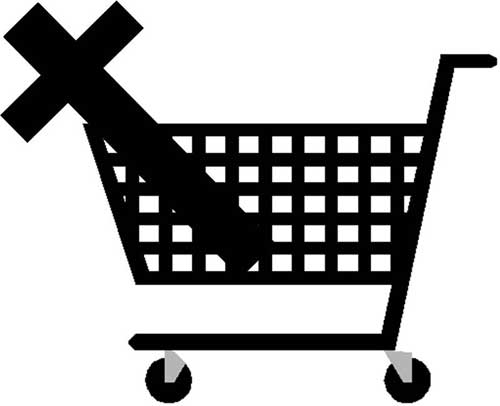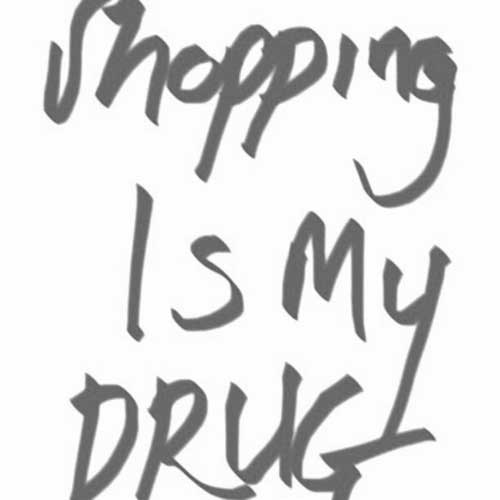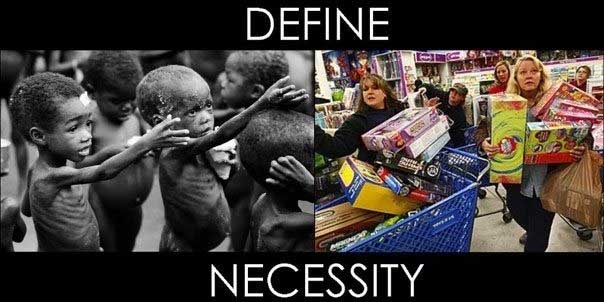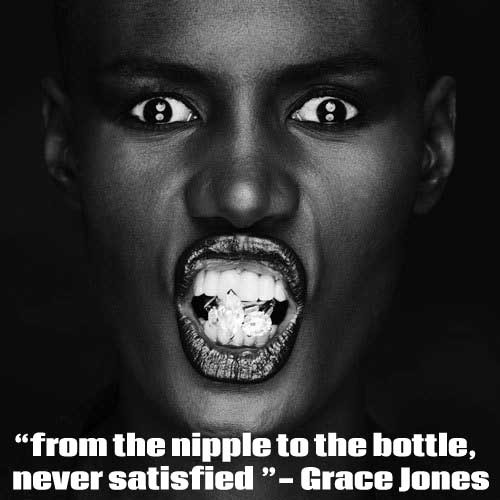I may get commissions for purchases made through links in this post.
We live in a consumerist world. We are consumers. These facts are now totally unavoidable for they are with us at all times, in all places and their impact on us is at point-blank range.
We truly live in the belly of the beast that is consumerism. Escape is now difficult and seemingly getting more so. From direct marketing and native advertising to product placement and consumer behaviour models, we are bombarded with a constant avalanche of advertising from cradle to grave.
The methods being used become more cunning and cloaked as the instigators themselves become more skilled in their use. Child-marketeers develop new and more frightening ways to advertise to children, mainstream journalism has been truly and finally killed off by the selling of their collective souls to advertisers via native advertising and even do-gooding organisations like Greenpeace use aggressive direct marketing tactics as they have found it the most effective way to fill their coffers.
It seems to some that consumption has reached a disgusting and unprecedented peak and that our wants, those unquenchable thirsts for more, hold us in perpetual bondage.
Want over need
While the buying of products like food and clothing is the meeting of a basic need, the excessive buying of unnecessary objects has become a virus. And like any efficient, virulent virus, it has spread across our global society and infected our lives in a way that is truly frightening, not to mention ridiculous.
This is old news to a lot of us and perhaps unwanted information for the most. Who wants to linger over the thought that our way of life, the ‘dream’ we have been sold, is slowly rotting us from the inside? It is usually too difficult and saddening a realization for the average human being.
To become aware of our sickness, to gain a vision of the bloated corpse our civilization has become is a horrible and disturbing process. Paradoxically, if we were to linger over such revelations we would discover that amidst this disturbance is our possible salvation; the freedom from the burden and destructiveness of excessive want.
I shop, therefore I am

“I still believe in the Holy Trinity, except now it’s Target, Trader Joe’s, and IKEA.”
― Jen Lancaster
There is a legitimate and recognized condition called ‘Compulsive Buying Disorder’. It is characterised by an ‘obsession with shopping and buying behaviour that causes adverse consequences.’ (Source: Wikipedia) There are now even addiction treatment models and 12 step recovery programmes that try and provide treatment for the sufferer. This suggests that there is a lot wrong with our society and our relationship with shopping.
‘Compulsive buying serves an identity-construction function. Compulsive buying may be seen as an exaggerated form of a more normal search for validation through purchasing’ (Source: Wikipedia)
We are encouraged and bullied from all sides of modern western society to consume and to do so in ever escalating amounts and in ever shorter periods of time. Unbridled impatience, the greed of corporate business and the external overstimulation of society conspire with individual want to create the bone-crushing monster of demand and supply.
It is not an enviable position that we find ourselves in, especially for those who, as the above statement suggests, are victims of their own identity crisis and inner turmoil.
Conflict and resolution

Supply and demand that is thus so mixed with the dangerous and unstable elements of collective lack of identity and want-induced desperation becomes, at a fundamental level, a conflict/resolution scenario. Much has been written about the ‘Black Friday’ sales and the depths that human beings will go to for things they don’t really need. It is a good, though extreme, example of our misdirected desires.
When an individual recognises an inner conflict and finds a feeling of resolution through external sources, a pattern of dependency is likely to be set in motion. I feel in bad (conflict), I buy something and then I feel better (resolution). It is a state of being that can easily be manipulated by the industries of advertising, marketing and business for their own gain.
We are consumers, it is what we do. The question is not what (or even how much) we consume but what are we consuming for? If we are consuming in order to ‘feel better’ then we are vulnerable to the consequences of excess and want.
Sanity and madness

Excessive shopping and the drive that fuels it can be seen as merely a symptom of a much deeper problem. When used for the meeting of basic needs or even to add moderately to our existing level of comfort, shopping is largely a benign entity. The point at which such a function passes from being a useful tool to a destructive drive is usually obvious to the objective viewer.
It is our deeper happiness or unhappiness that plays the most significant role here. A deeply unhappy human being who, for any number of reasons, has no solution to their unhappiness (or is unaware of the cause) is likely to grab for anything that generates some kind of positive feelings.
Some will use alcohol and drugs, some will use sex or food, the list is endless. Then the conflict/resolution model comes into play, a ‘need’ is falsely recognized by the individual and the cyclic pattern is begun.
None of this is helped of course by the veritable torrent of external stimulus that is generated by the greed-mongers and marketing racketeers of business and advertising. Sanity is sorely lacking in us humans at times, especially when the world around us seems to have gone mad.
Minimalism and austerity?
Minimalism as a lifestyle has enjoyed a moderate fad-following of late though is far from being a new idea. Austerity in various forms has been preached for centuries, often in a religious context. Is this a possible solution to our excesses in shopping and buying?
Not so much. Even minimalism, though beautiful in aesthetic form, is largely a smoke and mirrors show, lacking in any real value as a lifestyle or set of principles.
Like so much in today’s landscape, a ‘good show’ is still just that; a show. Somewhat like Communism; Communism is beautiful in theory but brutal in practice.
Fads, fashion and fancies come and go. They are the feathers that eventually lose their colour and fall to the ground. They are not the structure, just the dressing-up. Enjoyable but ultimately not lasting. How then shall we find a legitimate way through the mire?
Between two extremes

“Everything in moderation, including moderation.”
― Oscar Wilde
If excessive means, ‘more than is necessary, normal, or desirable; immoderate’, then the challenge for the modern consumer is to redefine the meaning of the words ‘needs’ and ‘necessity’ and to find ways to be more moderate.
It may be here that we find some workable middle ground between the two extremes of excessive want and severe austerity. Sure, the current (and prior) climate of product advertising and marketing has contributed greatly to our behaviours as consumers, but it is possible to navigate this without surrendering our right to think for ourselves.
The answer may lie in our own fundamentals and ideals; the foundation stones that we have built our lives upon. Surely if they are solid then whatever we build upon them will hold true.
“If you have built castles in the air, your work need not be lost; that is where they should be. Now put the foundations under them.”
― Henry David Thoreau
Images, shopping cart & cross, TimesUnion, Black Friday frenzy, travelandtourworld, empty shopping cart, textgeorge.blogspot.com, necessity, 4littlefergusons

























Add Comment